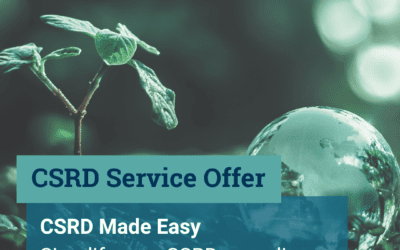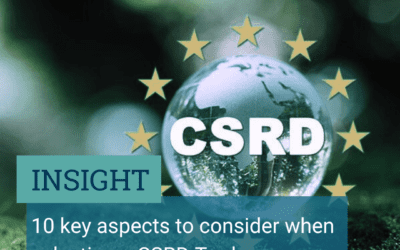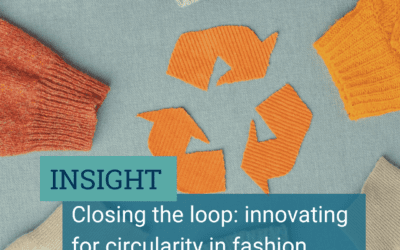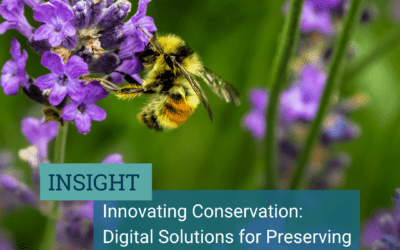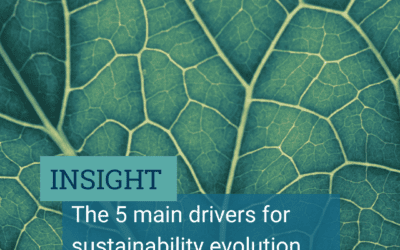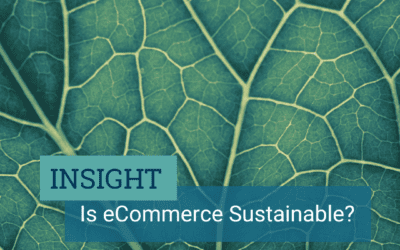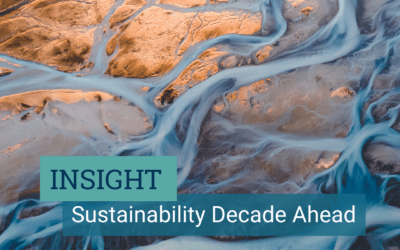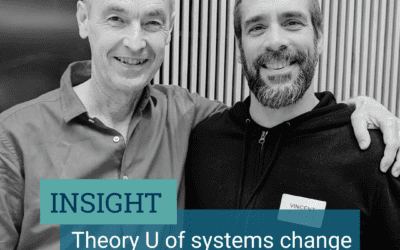NATURE POSITIVE BUSINESS
What is Nature Positive Business?
“Impact” term is marking the 3rd stage of Sustainable Business Development that started in the 80’s with “CSR” (Corporate Social Responsibility) that was aiming at decreasing the negative impact of Business by investing a minimal part of revenues in external entities (such as NGOs) to maintain a good reputation. Around 2000’s, “Sustainability” emerged to rethink longevity of the Business, by considering the negative effects along its Supply Chain. It gave birth to more Responsible Procurement, more robust Public Reporting… but without truely reconsidering the business model.
We consider 2020 is the start of the Impact era:Sustainable Business Transformation realized with measured significant Positive Impact, which is to consider the full costs of doing Business, integrating the Social & Environmental impacts of operations across the Supply Chain, ultimately creating Stakeholder Value with all its value chain partners. It will necessarily reshape business models for more circularity, or even become more regenerative.
We believe that Triple Impact & “Triple Bottom Line accounting” can only happen if the ENterprise Purpose is redefined.
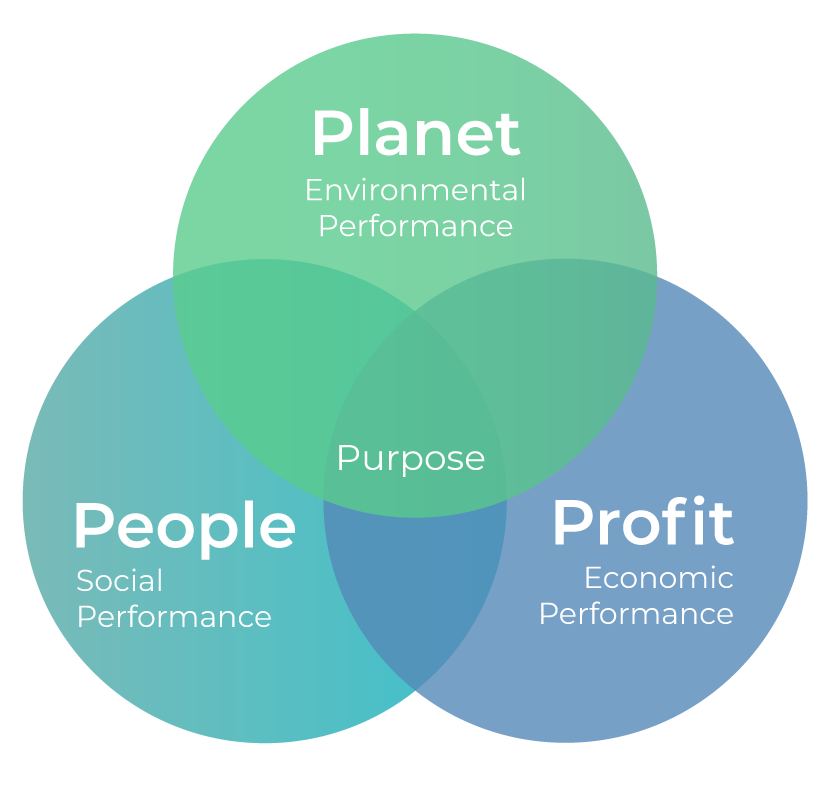
Our 4P Model
(not the Marketing 4Ps, the Sustainability ones)
Purpose: what is the true Purpose of your Business? Does it bind your People, unleash energies, and create a Competitive advantage? Planet: our core focus – do you operate within planetary boundaries? For Climate Change and other boundaries your Industry is pushing? How do you Impact Biodiversity? What are the other negative externalities you didn’t account for? How to Reduce those, and mitigate what is left? People & Society: how is Value shared with your Stakeholders? From your Employees to your Suppliers & Customers? Do you create Societal benefits for a common Good? Profits: what is a sustainable level of Profits? What do you do with your Profits? How do your share value beyond your Shareholders?
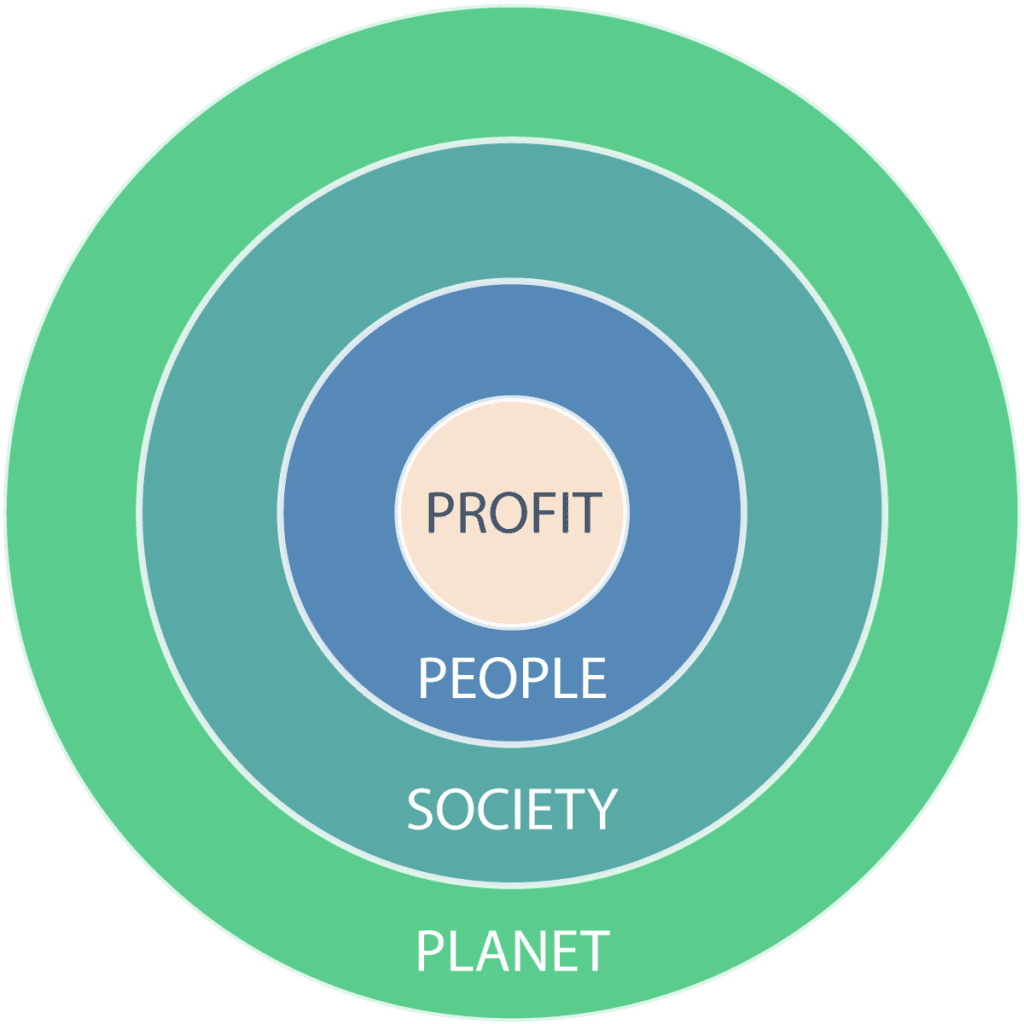
5 steps to reduce Negative Impact & maximize Positive Impact
1- Evolve your Operating System (Scope 1 & 2 Reduction)
Start by changing the way you conduct business: from Employee commuting to energy, food & travel policy, embark the whole company on personal commitments to “walk to talk”, from top-to-bottom.
2- Adapt your Core
Understand the Lice Cycle Assessment and Impact of your Business As Usual.
Change your existing Product and Services with measurable improvements in absolute terms (that includes your growth).
3- Innovate the next generation of Products & Services
Engineer new Products & Services that have a significant Impact vs your Core offering. It requires re-engineering and new Eco-Design capabilities to achieve reduction of inputs with similar outputs (if they are all really needed).
4- Engage your entire Ecosystem (Scope 3 Reduction)
Partner with your Upstream suppliers to share the efforts to reach your Impact Targets.
Engage your customers & consumers to also take part of the journey
Set-up Open & Eco-systemic Innovation that optimize the Impact across your value chain, with the help of Digital Technologies when required.
5- Drive Positive Impact @ Scale
Ultimately, understand where your supply chain originates, always tapping into natural resources with Negative Impacts, often linked to Human suffering, and after strict diminution of those, engage the journey to drive Positive Impact and Regenerate Planet Earth. Through your direct Supply Chain. Or by investing in other mitigation or avoidance efforts
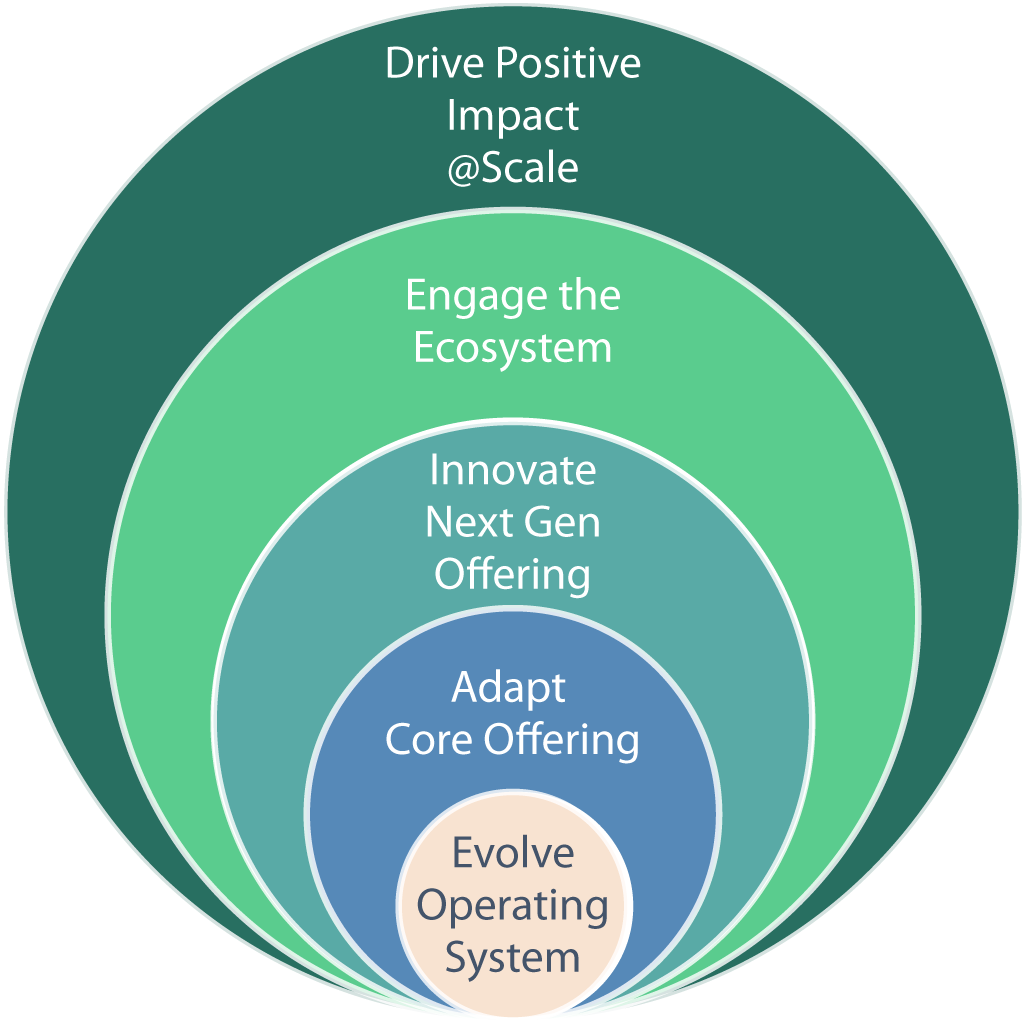
Impact Business Model
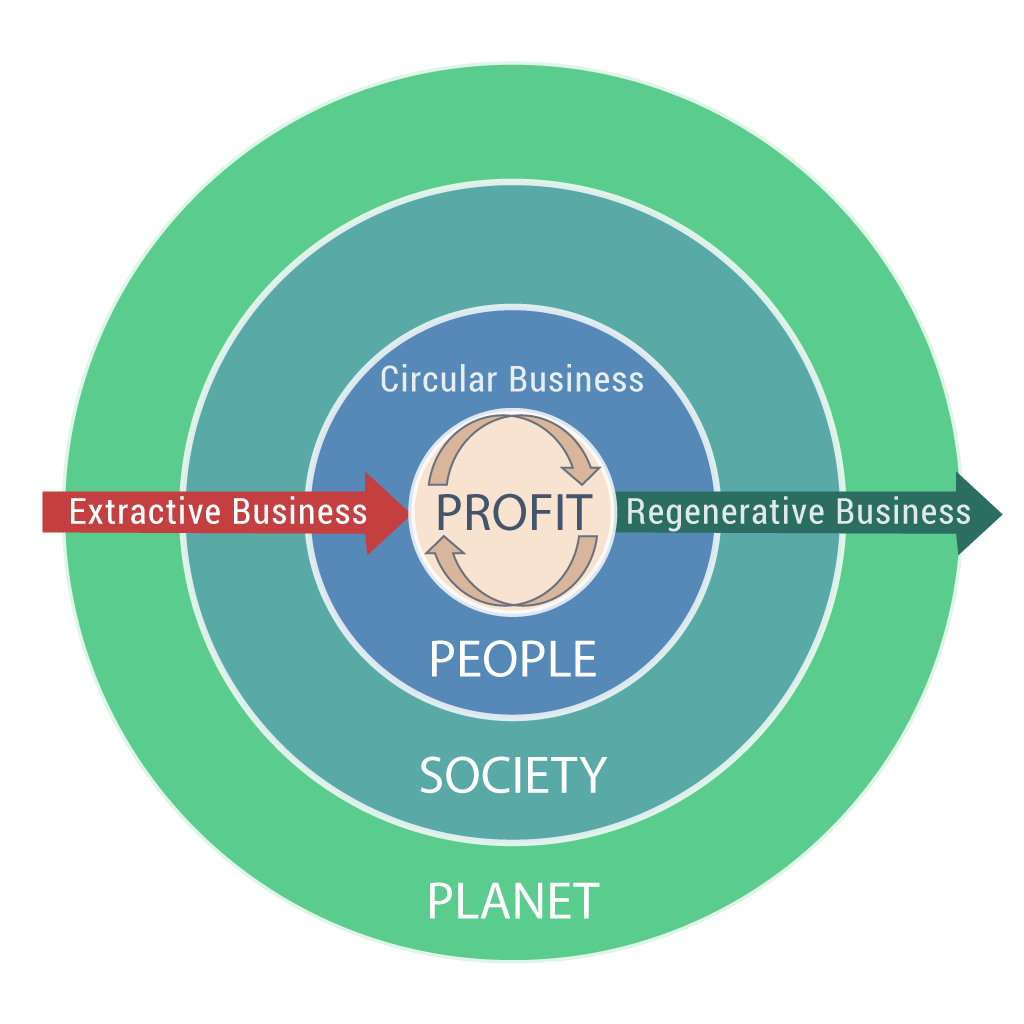
Sustainable Profits & Resilience with Purpose
Such an Impact Driven Business approach allows to build Sustainable Profits & Resilience by understanding how Sustainability Investments impact your P&L:
- TOP LINE: Driving more Demand, Willingness to Pay & Loyalty, driving recurring revenues.
- COGS: potential short term increases as you integrate Sustainability factors, but long term stable sourcing of key assets
- OPS: Decoupling from Energy Intensity & Prices
- A&P: Decrease Advertising & Promotion costs by driving more organic visibility and word of mouth
- SG&A: better retain employees & maintain productivity by providing a meaningful sense of Purpose and sharing value.
- WACC: Decrease the Cost of Debt, and eventually the Cost of Capital by demonstrating both Profitability and Positive Impact
- BOTTOM LINE: achieve more Resilience and long term Profitability having managed the Transition ahead of the pack, having secured your Competitive Advantage and avoided dilution that will hit late followers.
This is the path to long term Competitive Advantage and shared Value Creation.
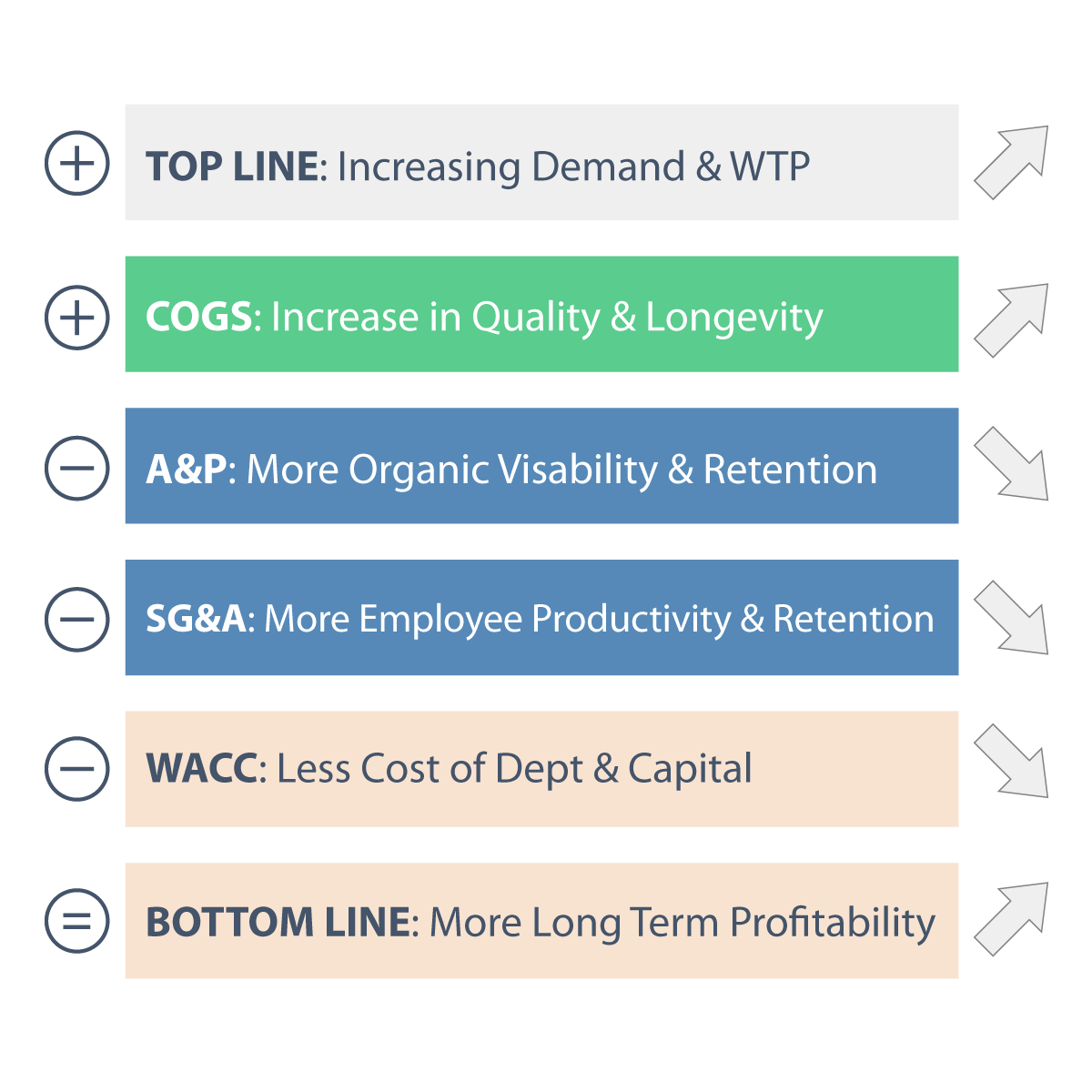
After this process, you will be in full capacity to drive the Transformation until completion.

TESTIMONIALS
What our clients say
Lorem ipsum dolor sit amet, consectetur adipiscing elit, sed do eiusmod tempor incididunt ut labore.
QUANTIS
LEADER IN SUSTAINABLE CORPORATE TRANSFORMATION
“Impact Labs has been instrumental to shape our Digital Strategy, to Augment our Impact Consulting services by increasing productivity, and make the right decision to Make or Buy our software solutions”
EKIMETRICS
LEADER IN DATA SCIENCE FOR BUSINESS
“Impact Labs has helped us to define a clear internal Sustainability Strategy and then define a brand new Client Offering that will help us drive positive Impact within our Clients portfolio, with C-Level Sustainable Transformation Intelligence”
PUR
LEADER IN CARBON INSETTING WITHIN SUPPLY CHAIN
“Impact Labs has helped us to define our 4x growth strategy, defining all the required Digital Capabilities to build a data driven organization using cutting edge Digital Technologies to increase its productivity and better serve our Clients”
L’OREAL
GLOBAL LEADER IN COSMETICS
“We were happy to be one of the very first client of Impact Labs to better understand how technology could serve the Group’s Sustainability Strategy, especially to address our Scope 3 emissions and take our Suppliers & Clients with us on the journey”
Impact Labs CSRD Offer
We are happy to introduce our tailored CSRD service offer, designed to simplify compliance with the new regulations and drive impactful sustainability strategies. This way, teams can focus on reducing their footprint and developing effective nature strategies.
We streamline the CSRD reporting process with relevant tech and tools to make it as smooth and efficient as possible. Our service is designed to guide you through every step of this transformative journey.
Checklist on 10 key aspects to consider when selecting a CSRD Tool
Selecting the right technology for implementing the Corporate Sustainability Reporting Directive (CSRD) involves several key considerations to ensure compliance, efficiency, and effectiveness.
Closing the loop
Despite being a significant global economic force, the fashion industry engenders considerable social and environmental challenges. There is an urgent need to change current trends that lead to big carbon footprints and substantial waste around the world.
Innovating Conservation: Digital Solutions for Preserving Biodiversity
We have reached record biodiversity loss, the voluntary biodiversity market is developing, there is a rise in nature tech players and an increased need for holistic sustainability strategies…
Remote Sensing Technologies in the Voluntary Carbon Market
Nature-based Solutions are fueling the Voluntary Carbon Market, which is under high scrutiny. Can Remote Sensing-based technology to make the Voluntary Carbon Market more transparent?
The 5 main drivers for sustainability evolution
This article aims to provide insights into the evolving sustainability market, explaining the main challenges and opportunities. It will enable you to assess your sustainability maturity level and think about where you’d like to be.
Is eCommerce Sustainable?
Here we explore the sustainability of e-commerce and its impact on product distribution, comparing the GHG emissions associated with e-commerce and physical retail stores and providing insights on how to make informed decisions as a consumer. The article also discusses the importance of omnichannel in reducing direct distribution emissions and highlights how e-commerce can be an enabler for sustainability use cases.
Sustainability Transformation Decade Ahead
What are the parallels between the Digital Transformation that deeply impacted all business sectors, and the Sustainability Transformation that is on its course? Can these 2 transformations boost sustainability and create value?
What does Nature Positive Business mean?
At Impact Labs, nature is the center of our actions. We aim to enact sustainable business transformation with measured significant positive impact, reshaping businesses to ultimately achieve a business model that contributes to nature regeneration. This next frontier is called nature positive business, which will be explained in this blog post.
Low & Hi-Tech Opportunities for the Ecological Transition
Technology for Sustainability is a key lever for the Business Transformation towards a regenerative economy. Impact Labs 4 Earth highlights the opportunity to transition to a Regenerative Economy, and join a new Renaissance, where businesses are Nature Positive and lead an era of digitally enabled sustainability.
Theory U of Systems Change
In today’s world, we are facing complex systems that require systemic approaches for transformation. In this post, we discuss The Theory U of systems change, a methodology to achieve a Regenerative & Eco-System Centric Operating System created by Otto Scharmer.
NEWS: Ekimetrics, a new “Entreprise à Mission”
Ekimetrics, a “Data science for a sustainable business performance” company, has recently become an “Entreprise à Mission”, a Benefit Corporation under US law, making them a sustainable leader in the tech industry. This achievement was a result of a two-year transformation process with the support of Impact Labs.

